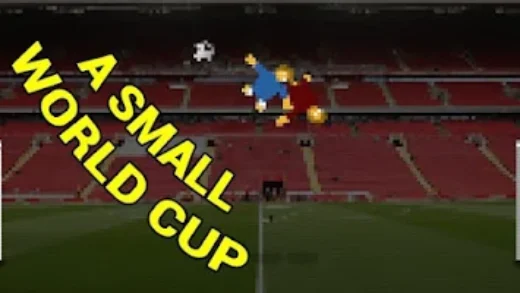In today’s fast-paced, screen-heavy world, helping children strengthen their memory and concentration is more important than ever.
The good news? You can boost these essential skills through play. Fun, interactive games to improve memory in kids can support cognitive growth while keeping them happily engaged.
Whether you’re a parent, teacher, or caregiver, incorporating memory-boosting games into your child’s routine is a smart and easy way to support memory training for children. Here are eight tried-and-true options that mix fun with brainpower.
Best Games To Improve Memory In Kids
1. Memory Match (Concentration)
How it helps: This classic card game requires children to remember the positions of matching pairs. It trains short-term memory, visual tracking, and attention to detail.
How to play: Lay cards face down in rows. Players flip two at a time to find matches. The person with the most matched pairs at the end wins.
Tip: Use themed cards—like animals or letters—to add a learning twist.
2. Simon Says
How it helps: This game builds auditory memory, listening skills, and impulse control. Children must focus intently to determine when to act and when not to.
How to play: One player gives instructions prefaced by “Simon says.” If they don’t say “Simon says,” kids must resist acting. It’s fun and challenging.
3. I Packed My Bag
How it helps: A verbal sequencing game that strengthens working memory and vocabulary.
How to play: The first player says, “I packed my bag and brought a toothbrush.” The next player repeats that item and adds another. The list grows longer, and the challenge increases!
Why it works: Kids must recall and recite an expanding list in correct order, a great cognitive game to sharpen focus.
4. Puzzle Solving (Jigsaws)
How it helps: Jigsaw puzzles require visual memory, spatial awareness, and concentration. Completing a puzzle enhances perseverance and problem-solving skills.
Best for ages: 4 and up, depending on puzzle complexity.
Memory tip: Have kids study the picture before they start to encourage mental image retention.
5. What’s Missing?
How it helps: A quick and easy memory training activity for kids that improves recall.
How to play: Place 5–10 objects on a tray. Let the child study them for 30 seconds. Cover the tray, remove one item, and ask, “What’s missing?”
Variation: Increase the number of objects or reduce viewing time as skills improve.
6. Story Building Chain
How it helps: This collaborative storytelling game sharpens attention span, sequencing, and verbal memory.
How to play: One person starts a story with a sentence. The next player adds a new sentence, continuing the narrative. Each player must recall and build upon what was previously said.
Why it’s effective: It exercises creative thinking alongside memory retention.
7. Spot the Difference
How it helps: These visual puzzles strengthen attention to detail, visual perception, and memory.
Where to find: Printable books, kids’ magazines, or online (screen-free versions available for printing).
Pro tip: Ask your child to study the original image for 30 seconds, then hide it and recall the differences without seeing it again.
8. Follow the Pattern
How it helps: A hands-on game to enhance working memory and sequencing skills.
How to play: Use colored blocks, beads, or paper cutouts to create a color or shape sequence. Have your child replicate the pattern from memory.
Advanced version: Show the pattern briefly, then cover it and ask them to build it from recall.
Recommendation
Top Memory Games for 2–5 Year Olds to Boost Early Brain Skills
Top Google Memory Games To Improve Your Memory
Best Word Games for Kids Aged 5–9 That Build Vocabulary
Top Sensory Games for Toddlers to Boost Early Development
Best Quiz Games for Kids That Make Learning Fun
FAQs
Q1: Why are memory games important for kids?
A1: Memory games help build concentration, focus, and cognitive skills essential for academic success and daily functioning. They also support language, math, and problem-solving development.
Q2: What age should kids start playing memory games?
A2: Simple memory games can be introduced as early as age 3, with difficulty increasing as children grow older and their cognitive abilities expand.
Q3: How often should kids play memory games for improvement?
A3: Incorporating memory games into daily or weekly routines—10–20 minutes at a time—can show noticeable improvement in a few weeks.
Q4: Are digital memory games effective?
A4: Yes, if used in moderation. However, offline memory games often encourage more social interaction, creativity, and real-world memory application.
Q5: Can these games help children with learning difficulties?
A5: Absolutely. Many memory and focus games are recommended by educators and therapists to support kids with ADHD, dyslexia, and other learning challenges.
Final Thoughts
Fostering mental agility early can give children a lasting academic and emotional edge.
These games to improve memory in kids combine fun with powerful brain training, offering a playful yet effective way to build focus and recall.
Whether you choose card games, puzzles, or storytelling, consistent play is the key to long-term success.



